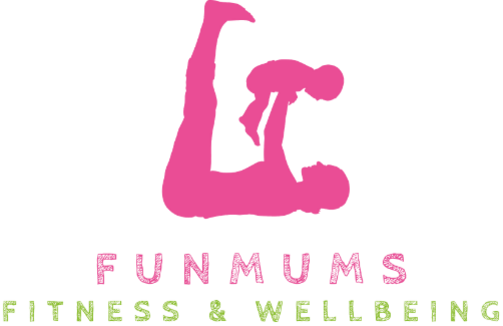How Can We Get Enough Vitamin D
16th April 2021
We all know that one of the key words is sunshine when we speak about getting enough Vitamin D. Now especially, it’s important to get enough vitamin D, as you may have been indoors more than usual during the pandemic.
Vitamins are naturally occurring chemicals that are essential to everyone’s good health and required to sustain normal grow and development.
Vitamins occur naturally in most of the food we eat and they are available in these foods in the quantities we need. Many chemical reactions which take place in the body require vitamins.
Vitamins don’t provide energy (calories) themselves within the body but they act as essential links and regulators in the systems that release energy from food.
Only fat-soluble vitamins can be stored in the body within the fat stores. Any excess vitamins we consume are stored rather than lost in the urine.
Vitamin D promotes the absorption of calcium and phosphate from food and is essential for healthy bones and teeth. It is also thought that this vitamin has functions in the brain, the nervous system, cellular growth and immuno-regulation.
The main forms of Vitamin D are ergocalciferol (D2) and cholecalciferol (D3).
The main source of the vitamin is synthesis by exposing the skin to the UV radiation in sunlight.
We are unlikely to obtain all the vitamin D we need from our diet.
Our ability to synthesise Vitamin D is affected by our skin pigment. The darker it is, the less we can produce.

There are 3 groups of people who might have difficulties in synthesising enough Vitamin D:
– Elderly people, especially those who are bedridden or unable to go out easily.
– People who live in regions with limited sunlight such as northern Europe. They find it hard to get enough sunlight.
– People whose clothing completely covers their skin either for their skin, either for protection against the weather or for cultural or religious reason.
When increasesd numbers of Asians came to live to UK in the 1960’s , their children were found to have a high incidence of rickets. Rickets caused weak bones and is the result of poor calcium absorption, caused by a lack of Vitamin D in children. It was found that because Asians had darker skin and kept it covered up, and also because they were getting less sunlight than they were used to, they were unable to produce enough Vitamin D.
A lack of vitamin D can lead to bone pain caused by a condition called osteomalacia in adults.
As I mentioned above we cannot obtain all the Vitamin D from our diet , but still it is possible to get some of it.
The best dietary sources of Vitamin D is cod liver oil, oily fish (salmon, mackerel), eggs and fortified foods.

As our body stores Vitamin D, it does not need to be consumed every day. Most people should be able to meet their Vitamin D requirement through sun exposure and a balanced diet.
However the Department of Health recommends that the following people take daily vitamin D supplements:
– All children aged from 6 month to 5 years old.
– All pregnant and breastfeeding women
– All people aged 65 and over
– People who are not exposed to much sun
– People with darker skin such as people of African, Caribbean and South Asian origin.
Although it is unlikely that any of us will consume too much Vitamin D through natural food sources , there is a danger if they take additional supplements when they don’t need them.
Calcium is a fat-soluble vitamin that is stored in the liver, so too much Vitamin D can be toxic.
Taking 25 mg (0.025 mg or less) a day of Vitamin D supplements is unlikely to cause any harm.
You can read more information and advice about Vitamin D here:
Share this post:





